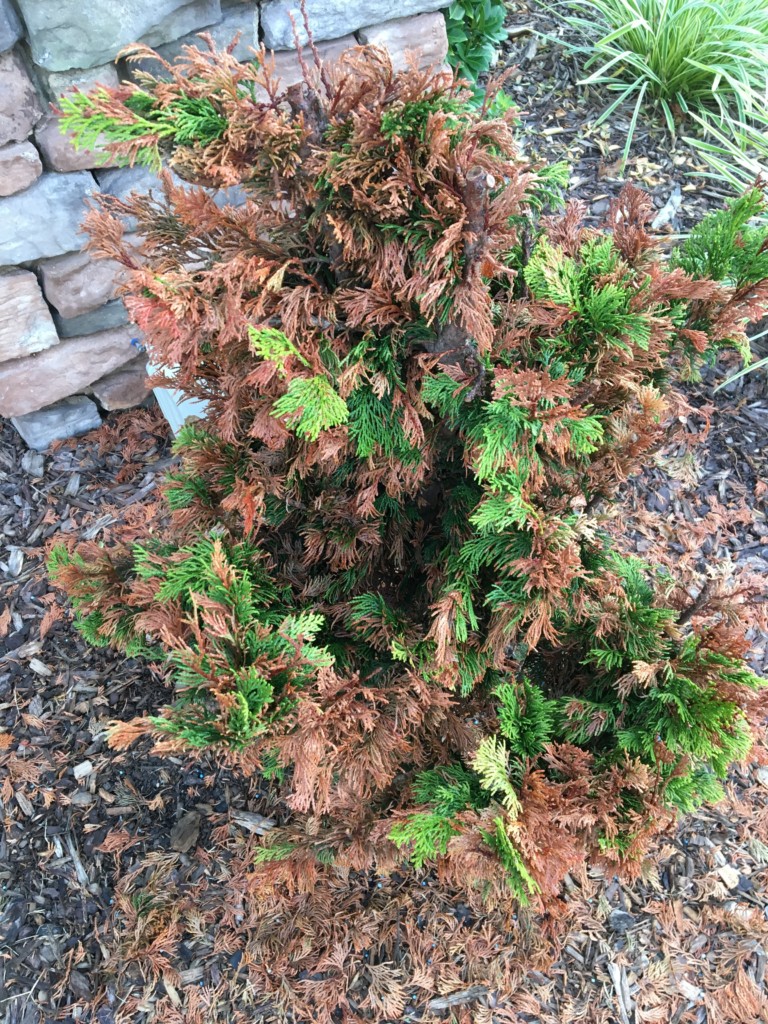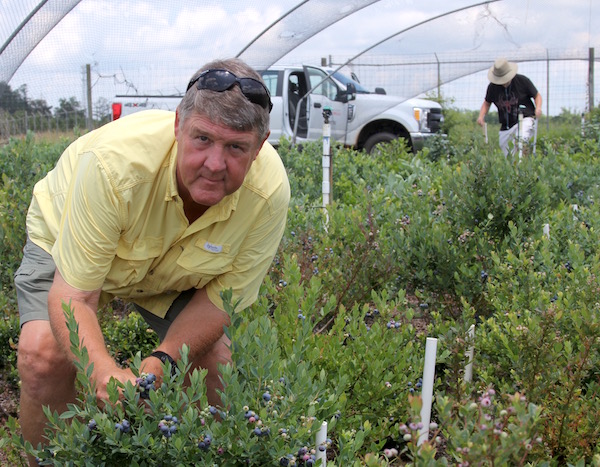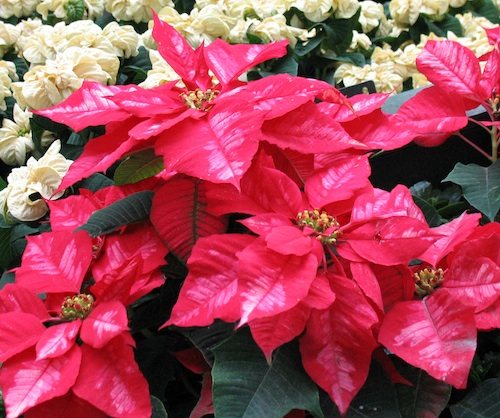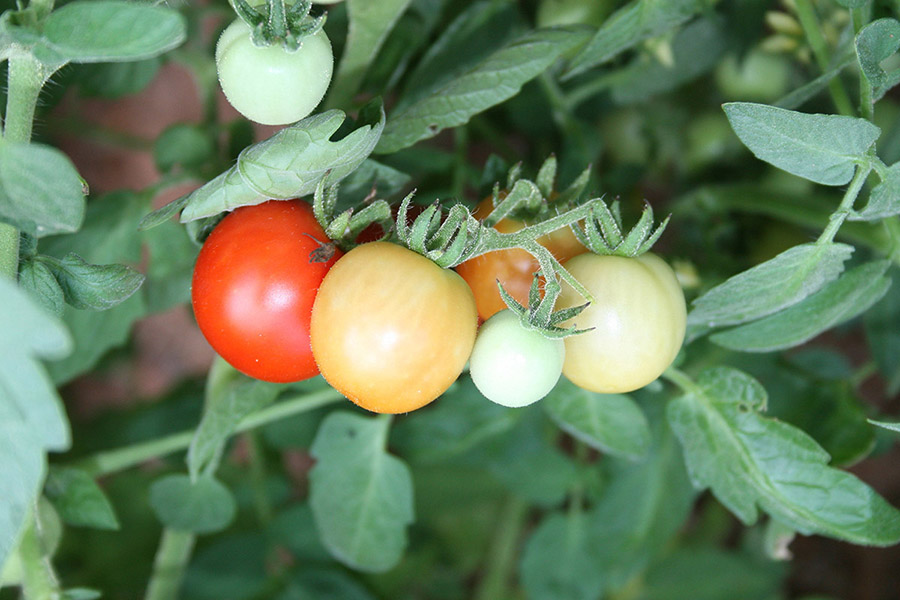.jpeg) CAES News
CAES News
Third round of Presidential Interdisciplinary Seed Grants awarded
Eleven grants totaling $1.5 million were awarded in November 2021 to recipients of the third round of Presidential Interdisciplinary Seed Grants. Overall the awards went to faculty from 13 UGA departments, centers, programs, schools and colleges.

.jpeg)



